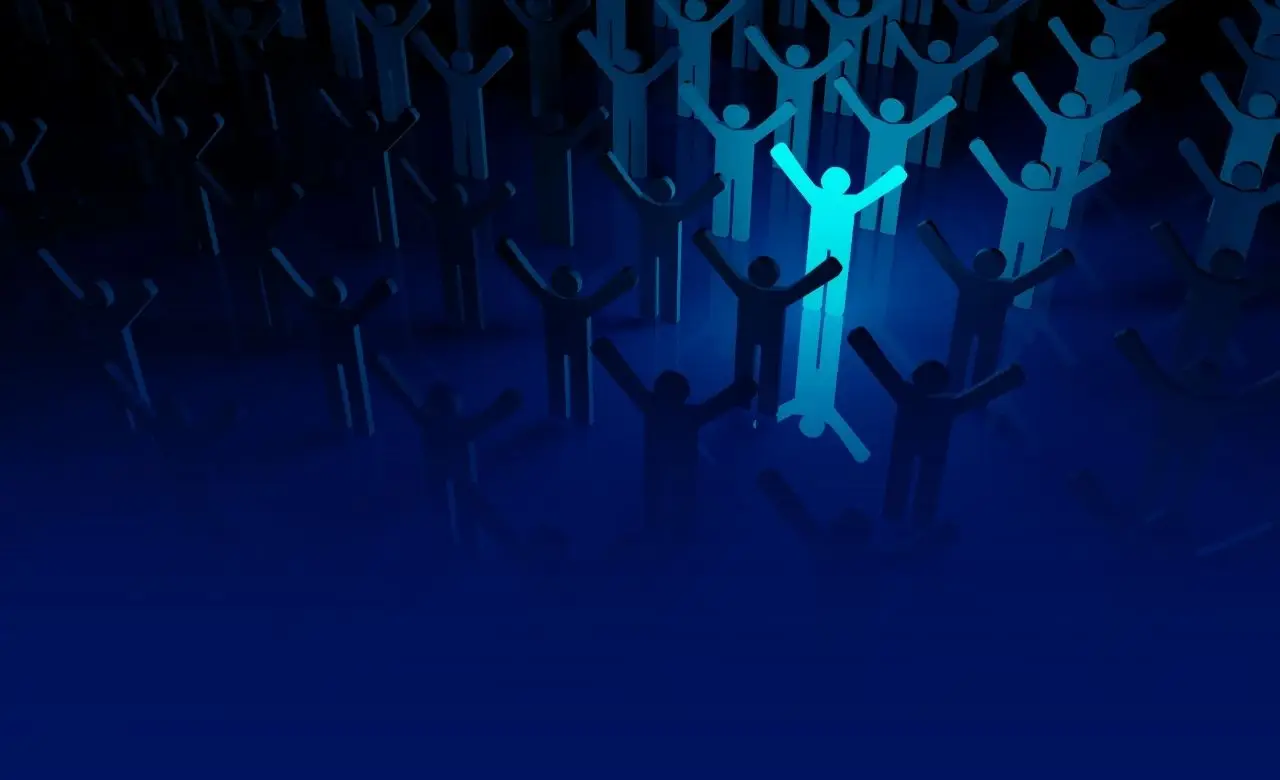Revised: August 16, 2025
Boundaries define us. They define what is me and what is not me. A boundary shows me where I end and someone else begins, leading me to a sense of ownership. Knowing what I am to own and take responsibility for gives me freedom.
~ Henry Cloud
Personal energetic boundaries are the invisible force fields that surround us—protecting our energy, emotions, and sense of self. They help us stay rooted in who we are and prevent us from absorbing the noise, moods, and stress of everything and everyone around us.
For empaths, these boundaries aren’t just nice to have—they’re survival gear. Without them, life can feel like you’re walking around without skin, raw and exposed.
What Are Personal Energetic Boundaries, Really?
We all have an aura—an energetic bubble that extends about three feet in every direction from our body. Think of it as the container that holds your essence, your vibe, your life force.
For most people, the aura acts like a healthy boundary. But empaths tend to have porous or permeable auras—energy passes through more easily. Whether it’s due to neurodivergent wiring, trauma, or something else, this means we absorb the emotional and energetic content of people, places, and even the collective. Over time, this buildup can fry our nervous systems, impact our mental health, and lead to chronic burnout.
The good news? You can strengthen your personal energetic boundaries. It’s not a quick fix—but with practice, you can reclaim your space and your energy.
1. Ground and Clear Your Energy (Daily, if not More)
Grounding and clearing are your energetic hygiene basics. Just like brushing your teeth, they’re best done consistently. Grounding connects you back to your body and the Earth; clearing helps remove what isn’t yours from your field.
Movement helps (walk, dance, yoga), as does time in nature. A salt bath, shower, or energy-clearing visualization can do wonders. My rule of thumb: ground and clear in the morning and at night—and anytime you’re headed into an energetically noisy space (like a crowded store or a tense conversation).
2. Know What’s Yours—and What’s Not
Start paying attention to what drains you vs. what nourishes you. Your body knows, even if your mind tries to talk you out of it.
Many empaths grew up feeling overwhelmed and disconnected from their bodies. Dissociation was a survival tactic. But now, as adults, it’s time to come home to yourself. Reconnection starts with presence. Breath. Sensation. Curiosity. The more often you check in, the more you’ll notice when something feels “off”—because it’s not actually yours.
3. Practice Boundaries (Start in Your Head if You Need To)
Healthy energetic boundaries often require interpersonal boundaries. That means saying no, limiting your exposure to draining people, and being honest about what you can and can’t hold space for.
This can be hard. Especially for empaths who were raised to be the “peacekeepers” or who learned to equate love with over-giving. So if it feels scary, start small. Practice saying the words in your head. Try journaling scripts or even rehearsing with a friend. Over time, the practice becomes your strength.
And if you need support here, get it. Boundary work can be tender and tangled. A good therapist, coach, or group container can make all the difference.
4. Reimagine Self-Care as Self-Responsibility
Let’s be honest—mainstream self-care advice often misses the mark. It’s not about bubble baths and pedicures (though those are lovely!). It’s about building a life that actually supports your nervous system.
Sleep. Nourishment. Movement. Play. Quiet. Connection. You need them. And not because you’re selfish—but because you’re sensitive.
Empaths are wired for care, connection, and deep listening. But you can’t pour from an empty cup. You can’t heal the world if you’re chronically burnt out. Your needs are valid. You matter.
The Freedom of a Well-Boundaried Life
When we learn to honor our energetic boundaries, we reclaim our sovereignty. We show up more fully—without being consumed by the noise around us. We build lives that are more sustainable, more grounded, and more aligned.
Because strong boundaries don’t close you off. They let you stay open—without losing yourself.




